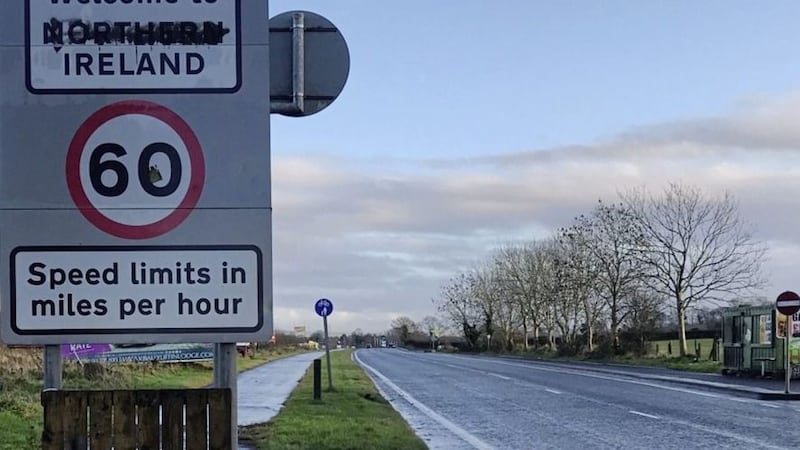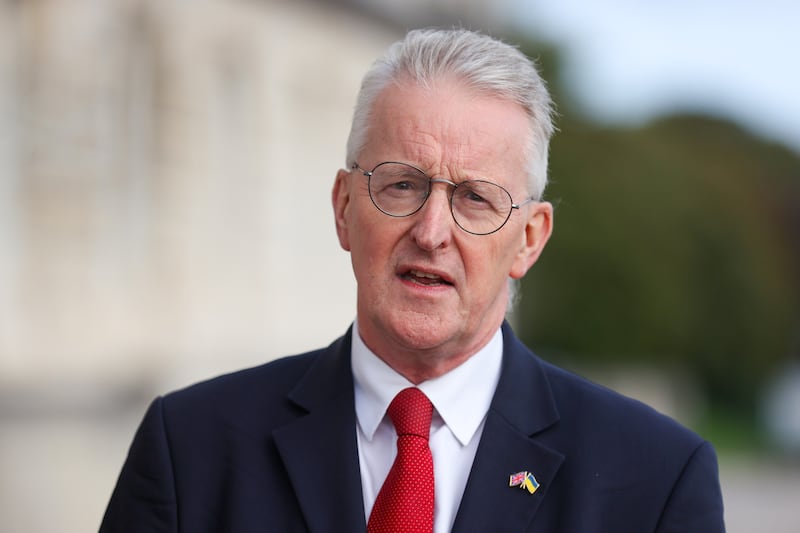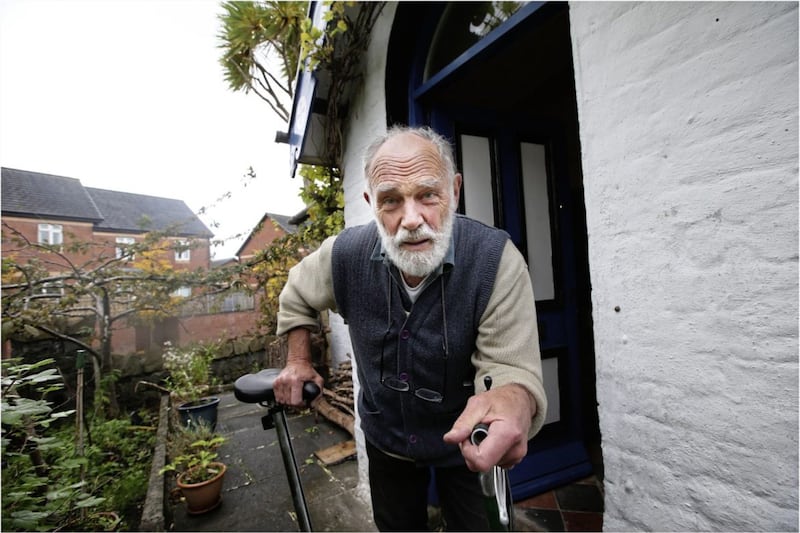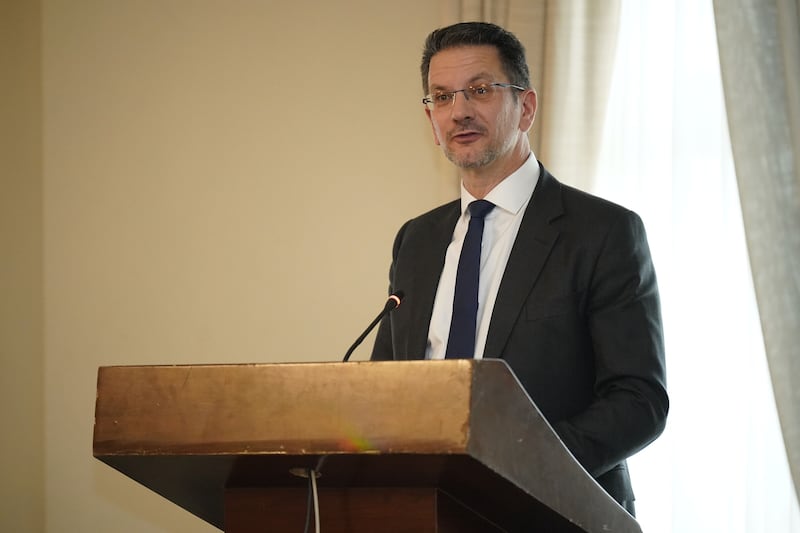THE fact that the centenary of Northern Ireland’s existence is being marked, noted, celebrated, commemorated (go on, add a few more words if you feel like it) is, when you think about it, quite the thing.
It wasn’t supposed to last this long. It was always intended to be some sort of temporary fix to get a British government out of a bind. Yet, here it is.
Still here, even though the parliament at Stormont was shut 49 years ago, taking with it the unionist government which had dominated it since 1921.
But even without that unionist government and even without that unionist parliament, Northern Ireland still exists and still exists within the United Kingdom. As I say, quite the thing.
A border poll is likely to come at some point: although that point won’t be reached until there is fairly explicit, demonstrable evidence that there is a ‘likely’ majority in favour of a united Ireland.
That evidence does not yet exist. I know there is a temptation to argue that the narrowing gap between party-political unionism and party-political nationalism means there is a growing possibility of a pro-unity majority being ‘likely’; but it is worth making the point that the pro-union vote isn’t just going to consist of party-political unionists.
There’s also a temptation within elements of nationalism, albeit mostly within Sinn Féin, to assume that shifting demographics (more Catholics than Protestants, to put it crudely) will soon wrap up a pro-unity majority.
Hmm. I’m not so sure. I’m pretty sure the debate on unity versus union will be both broader and also more nuanced if a border poll is announced.
At the moment the choice is theoretical (as it was before the unexpected referendum on EU membership was announced): but if/when a border poll is announced, everyday practicalities will take over.
For people now living in NI within the UK (and it applies whatever their constitutional allegiance may be) there will be the questions of what happens if NI ceases to exist.
For people living in the Republic there will be questions about the costs and political/societal consequences of absorbing what was NI into a new state.
And it will be a new state. There hasn’t been a sovereign, independent, free-standing united Ireland for centuries.
In the event of a win for the pro-unity side it could take decades for the new political/constitutional entity to find stability, let alone find a coherent, united identity. Particularly if the victory is a paper-thin one.
Even the process of the referendums themselves (there must be one in both jurisdictions) could be ferociously complicated.
There has been a tendency for the pro-unity side to take a rather simplistic approach: think of the money and administration which could be saved if we didn’t have to duplicate so many services; and don’t worry, we’d be able to make unionists feel perfectly at home (although quite how that could be achieved when their home would probably have disappeared is beyond me).
But how, exactly, do you make someone feel at home, let alone protect and promote their identity, when a core component of that identity is their citizenship of the United Kingdom?
I’m told that my identity won’t be lost: ‘did Irish nationalists trapped in NI after 1921 lose their identity?’ is a question I’m often asked.
No, but they were helped by the fact that reunification and an independent Ireland were always a possibility. The flame was never extinguished.
A border poll has been a possibility for nationalists in NI since 1972—written into a series of UK/RoI exchanges. But there’s going to be no reverse border poll provision for unionists in the event of unity.
And I’m pretty sure there won’t be a ‘Northern Ireland dimension’ or mandatory power-sharing built-in to the political institutions of a ‘new Ireland’.
Which means that a key way of promoting and protecting my political/constitutional identity won’t be included. Which seems odd, because it was considered an essential for nationalism after Stormont was prorogued in March 1972.
Identity is a palpable, demonstrable thing. Why it matters so much to so many people isn’t always clear: but it still matters.
Even those who dismiss unionist/nationalist labels here have pushed towards another identity—another sense of who they feel themselves to be, if you like—describing themselves as Northern Irish.
So, what does a unionist in a united Ireland become? Northern Ireland will have gone. Membership of the United Kingdom will have gone. How would I protect and promote my former identity: that sense of who I was and want to be again.
And please, don’t try and fob me off with something as trite as, “It’s ok, you could still call yourself British.” What nonsense. I might just as well call myself Sherlock Holmes.








